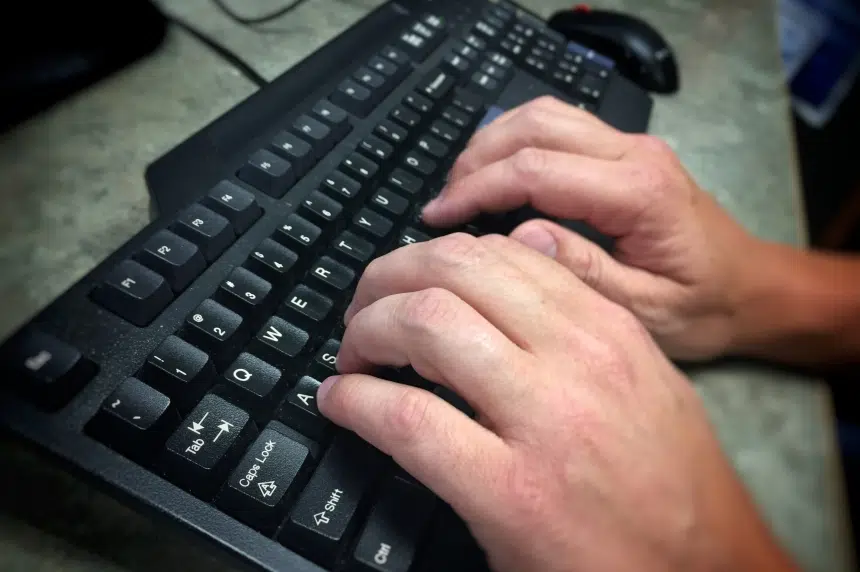Investigating international fraud comes with many challenges.
Thirty-two scammers targeting Canadians at an Indian call centre were arrested on Sunday. However, it’s a more difficult process when Canadian police are looking into cases like this.
Jeff Thomson, a senior intelligence analyst with the RCMP and the manager of the fraud prevention and intake unit with the Canadian Anti-Fraud Centre, said there are many complications.
“I typically say that scams today involve at least three different countries: fraudsters or calls coming from one country, victims in another country, money going to a third country,” he told 650 CKOM.
The first step of an investigation is to track down a suspect.
“You’re going to trace phone calls, you’re going to follow money, and you’re going to see where that goes,” he explained.
From there, police work with foreign governments and international organizations like Interpol. Some investigations reach a snag at this point.
“There are lots of things to consider before you even do that. You might want to consider human rights considerations, depending on the country you want to reach out to,” Thomson said.
“You have to consider the likelihood of arrest, prosecution, and the best use of resources, right? If a crown prosecutor is not willing to extradite someone from another country to Canada, or the cost is going to be too much… it may not be a successful case.”
Law differences can also cause problems.
“Some countries require victims to come and testify… or they need victims to present themselves in person to place a complaint,” he said.
Even with a fair amount of difficulties to deal with, the RCMP are still able to track down scammers.
“There’s certainly lots to consider, but there are already existing processes and protocols for officers to follow,” he said.











